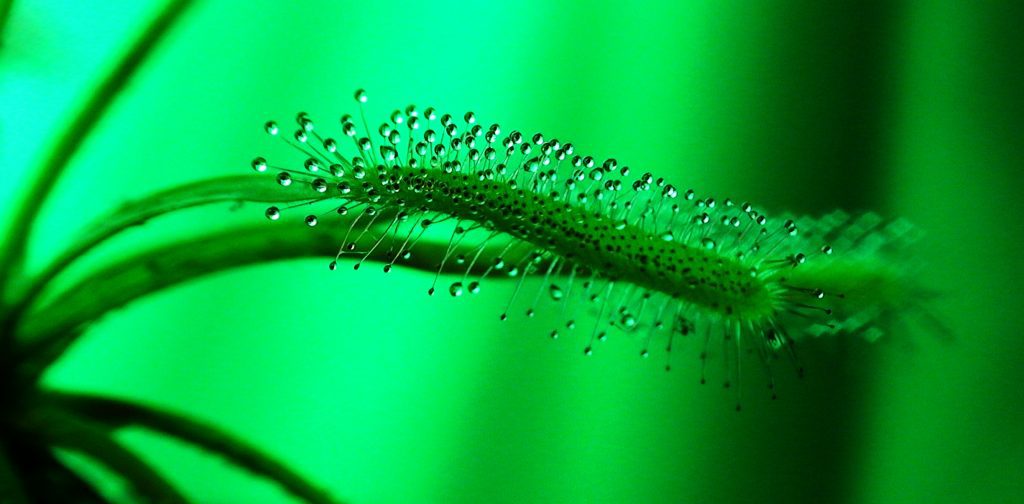Since the theoretical introduction of nanotechnology by Richard Feynman, the problem-solving capabilities of the form inspired scientists in numerous fields. They now use nanotechnology to solve problems that would’ve still been dark spots in the minds of scientists.
From dentists to doctors, nanotechnology aids in the field of drug creation and, more importantly, drug delivery. Due to the small size of the measurements involved, they can deliver drugs and medications directly to places or parts in living organisms.

This is especially helpful where conventional methods prove unproductive. It is with this in mind that some scientists have discovered a new way they can use nanotechnology to benefit plant life.
Greg Lowry, Astrid Avellan and a group of researchers at the Carnegie Mellon University recently discovered how to deliver nanoparticles into plant leaves. This is majorly for efficient delivery to the roots. If you are then wondering how much of a deal this is, then it is a big one.
An improvement
For a long time, the way in which farmers have delivered agrochemicals such as plant nutrients and pesticides to plants have been very scattered. This is not as a result of any lack of expertise in the field, but because the delivery of those nutrients has been more focused on the soil rather than the plant itself.

Speaking on this approach, Alexandra George of the Carnegie school of Engineering gave an explanation. “With current practices, up to 95% of applied micronutrients and 99.9% of applied pesticides never reach their destinations and are wasted.”
“They accumulate in the soil or run off into the groundwater and cause collateral environmental damage, degrade soil, and waste the water and energy used in their production and application,” he explained.
With such an insight into the state of agrochemical delivery, the work carried out by these groups of researchers should have far-reaching positive consequences. This is especially with regards to food and water sustainability for the world population. The green revolution has only just begun.

